 Video
Video Trump pushes for peace in Ukraine, slapping new sanctions on Russia: 'It's time'
Senior White House correspondent Peter Doocy provides details on the Trump administration's move to sanction Russian oil giants after Putin rejected the latest push for a ceasefire.
After months of wavering between confrontation and conciliation toward Moscow, President Donald Trump has imposed new sanctions on Russia’s two largest oil companies and canceled a planned summit with Russian President Vladimir Putin — signaling a renewed attempt to pressure the Kremlin without committing to deeper U.S. involvement in Ukraine’s war.
The measures, announced Wednesday, target Rosneft and Lukoil, key pillars of Russia’s energy sector, and mark the administration’s most significant sanctions package since Trump returned to office. But they also come after years of similar Western actions that have failed to slow Moscow’s military campaign.
"We canceled the meeting with President Putin. It just, it didn’t feel right to meet. It didn’t feel like we were going to get to the place we have to get," Trump said Wednesday. "So I canceled it, but we’ll do it in the future."
"Every time I speak to Vladimir, I have good conversations and then they don’t go anywhere. They just don’t go anywhere," Trump added. Asked why he had chosen to impose sanctions on oil majors Lukoil and Rosneft now, he said, "I just felt it was time, we’ve waited a long time."
WITKOFF SCRAMBLES FOR PEACE DEAL WITH RUSSIA AS SANCTIONS LOOM TARGETING INDIA, CHINA
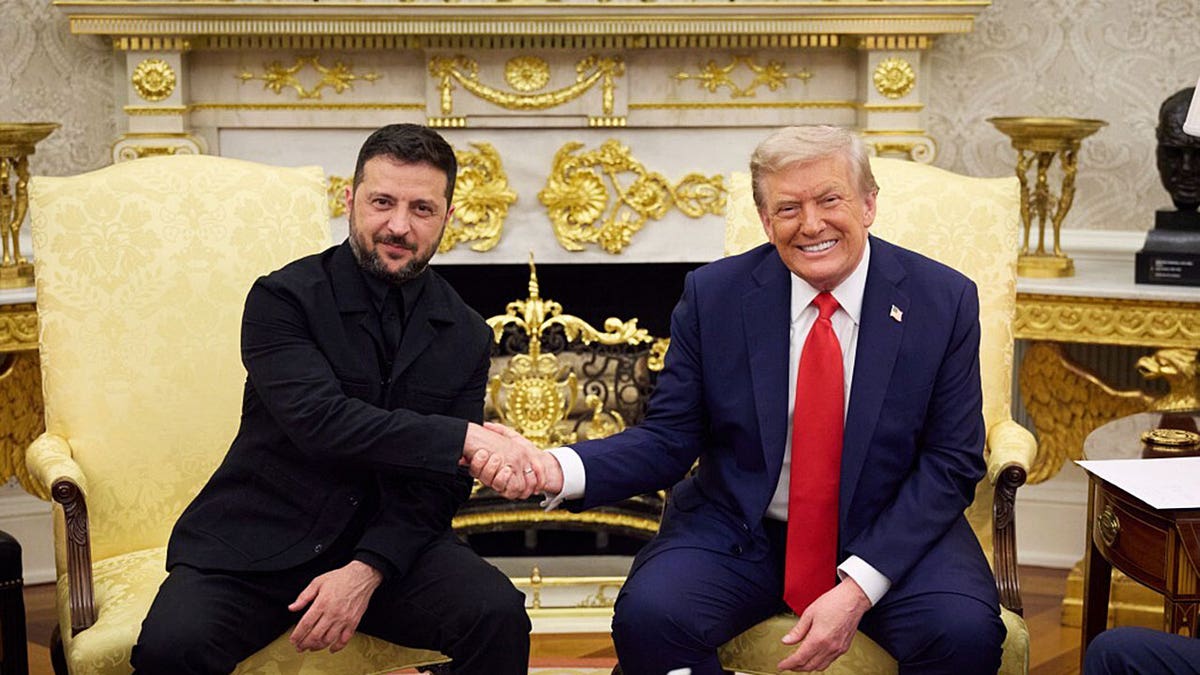
Last week, Zelenskyy visited Washington hoping to secure a deal on Tomahawk missiles. But Putin got ahead of the meeting with a two-and-a-half-hour phone call with Trump one day earlier — and the Tomahawk deal was no more. ( Ukrainian Presidency / Handout/Anadolu via Getty Images)
The Treasury Department announced the designations under Executive Order 14024 for operating in the energy sector of the Russian Federation economy. The sanctions freeze all U.S.-linked assets belonging to Rosneft and Lukoil and prohibit American entities from doing business with them. Dozens of subsidiaries are also affected, effectively extending the restrictions across much of Russia’s global oil and gas network.
"Given President Putin’s refusal to end this senseless war, Treasury is sanctioning Russia’s two largest oil companies that fund the Kremlin’s war machine," said Treasury Secretary Scott Bessent. "Treasury is prepared to take further action if necessary to support President Trump’s effort to end yet another war."
China’s state oil giants have already begun suspending purchases of seaborne Russian crude following the U.S. sanctions. According to multiple trade sources cited by Reuters, PetroChina, Sinopec, CNOOC and Zhenhua Oil have halted short-term deals with Rosneft and Lukoil, citing compliance concerns.
The pullback — along with reports that Indian refiners are sharply cutting imports from Moscow — is expected to strain Russia’s oil revenues and tighten global supply, driving up prices for non-sanctioned crude from the Middle East, Africa and Latin America.
TRUMP AND PUTIN’S RELATIONSHIP TURNS SOUR AS PRESIDENT PUSHES FOR RESOLUTION WITH UKRAINE
The sanctions were announced just days after Trump abruptly canceled plans for a trilateral summit in Hungary with Putin and Ukrainian President Volodymyr Zelenskyy — a meeting that had been billed as a potential breakthrough in efforts to end the conflict. The reversal continues a pattern that has defined Trump’s approach to Russia since returning to office: alternating bursts of engagement and confrontation that make it difficult for allies and adversaries to predict his next move.
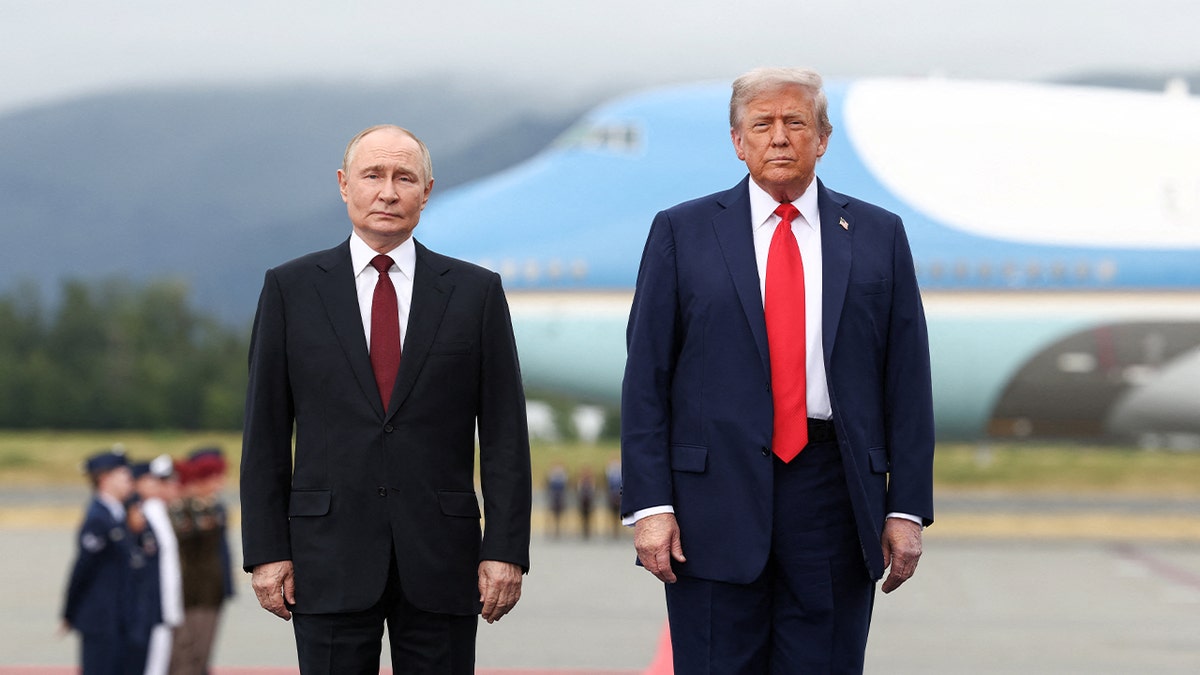
President Donald Trump, Russian President Vladimir Putin, and Ukrainian President Volodymyr Zelenskyy were on track for a historic summit in Hungary — until the plans were abruptly scrapped. ( REUTERS/Kevin Lamarque)
Last week, Zelenskyy visited Washington hoping to secure a deal for Tomahawk long-range missiles. But Putin preempted the meeting with a two-and-a-half-hour call with Trump the day before — and the missile deal evaporated.
"Now is the time to stop the killing and for an immediate ceasefire," Bessent said in announcing the sanctions. "A permanent peace depends entirely on Russia’s willingness to negotiate in good faith."
Analysts say the sanctions are aimed at regaining leverage and forcing both Moscow and Kyiv back to the negotiating table after months of stalemate. Trump would often meet with one side or the other and come out more sympathetic to the viewpoint of whoever he’d just met with.
An unnamed diplomat told Fox News Digital, "It’s fundamentally making both sides think they can manipulate him. Which doesn’t make either side want to negotiate, because both believe they can still rally Trump to their side."
Now, Trump says he doesn’t want to "waste time."
TRUMP DEMANDS NATO ALLIES HALT RUSSIAN OIL PURCHASES BEFORE NEW US SANCTIONS
Andrew D’Anieri, associate director of the Atlantic Council’s Eurasia Center, said the sanctions are a welcome step but only part of a broader effort required to curb Russia’s war financing. "The Trump administration’s decision to sanction Russian oil majors Rosneft and Lukoil is a welcome move to make it more difficult for Russia to continue its war on Ukraine," he said. "It’s significant that these designations come just a week after the U.K. sanctioned the same entities; sanctions have a greater effect when Western countries work in concert."
He cautioned, however, that implementation will determine the outcome. "Enforcement of these sanctions will be the key to cutting into Moscow’s oil revenues," D’Anieri said. "Those who do purchase Russian oil will demand a steep discount for evading U.S. sanctions, which itself will hurt Russian revenues."
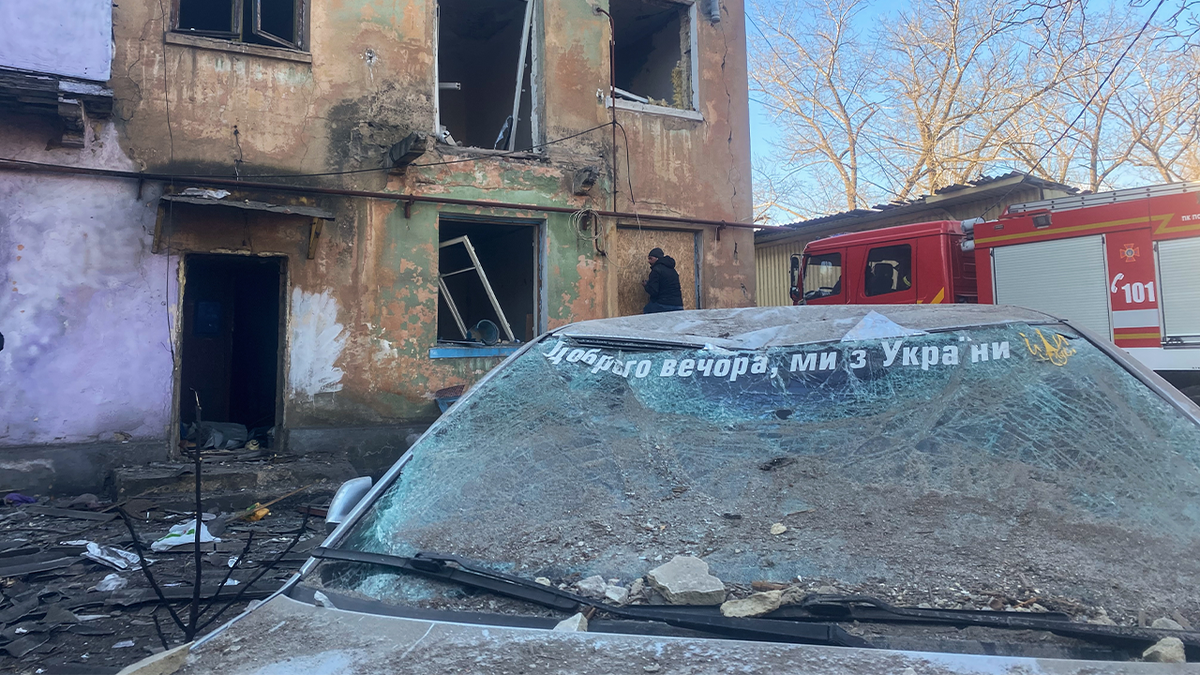
War in Ukraine has dragged on for over three and a half years. (Vladyslav Ukolov/Suspilne Ukraine/JSC "UA:PBC"/Global Images Ukraine via Getty Images)
"If Trump truly wants to end the war, he should continue to ratchet up the pressure on Moscow, including the threat of secondary sanctions and further military aid to Ukraine," he added. "This one move alone won’t be enough to get Putin to negotiate in good faith, but it’s a step in the right direction."
Former National Security Council official Jason Israel described the difference between the Biden and Trump approaches as one of philosophy, not objective. "Both want to help Ukraine negotiate from strength and avoid direct NATO involvement," he said. "But Biden worked through European partners to uphold the rules-based order. Trump has taken a more transactional approach — selling weapons to Ukraine funded by European partners — with the goal of speeding negotiations and shifting more of the cost to allies."
CLICK HERE TO DOWNLOAD THE FOX NEWS APP
Trump has long emphasized that he wants to end the war and avoid indefinite U.S. involvement. "Let it be cut the way it is," he said earlier this month, referring to Ukraine’s divided territory. "It’s cut up right now… They can negotiate something later on down the line. But for now, both sides of the conflict should stop at the battle line — go home, stop fighting, stop killing people."
The sanctions, coupled with the canceled summit, suggest a new phase in Trump’s balancing act: applying economic pressure while leaving the door open to a future deal. "I don’t want to have a wasted meeting; I don’t want to have a waste of time," Trump told reporters Tuesday.
https://www.foxnews.com/politics/trumps-shifting-tone-russia-ukraine-conflict-leaves-onlookers-guessing-over-us-strategy








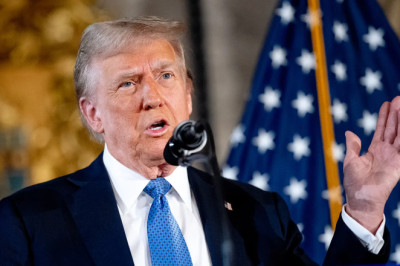
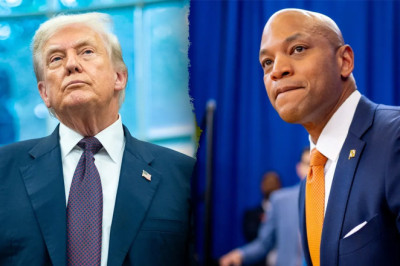
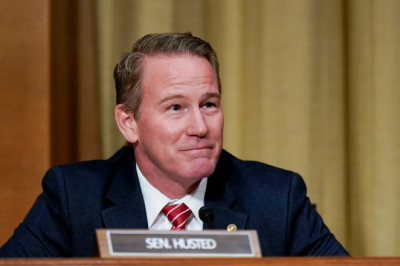

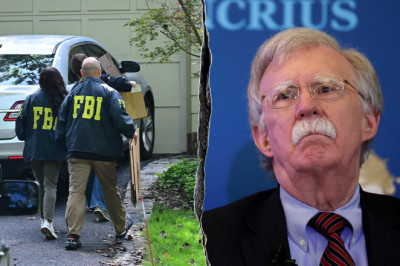
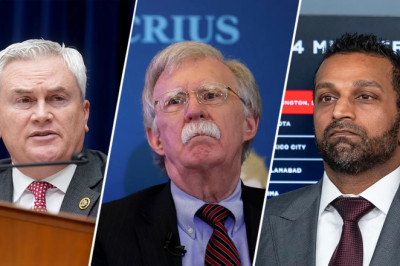
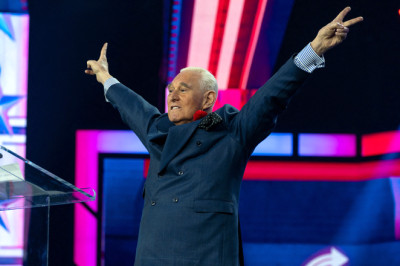
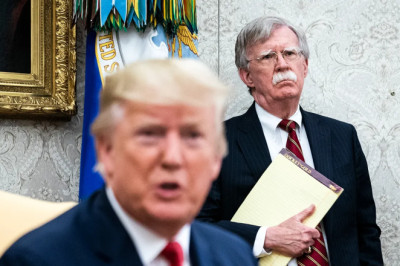

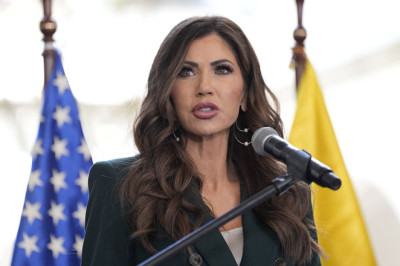
Comments
0 comment